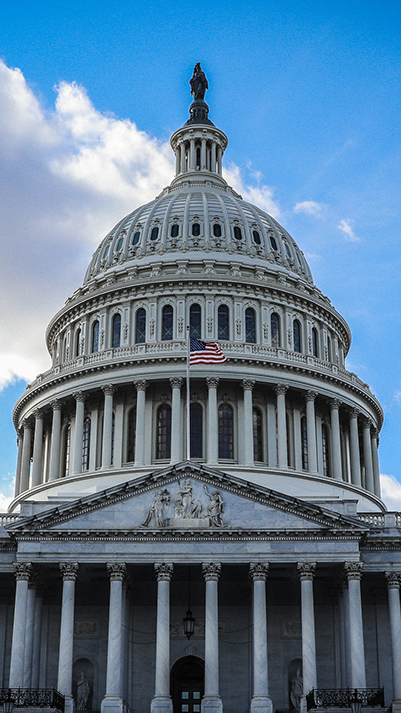
John Goodman’s Commentaries

What Should Be Done with Obamacare?
No objective observer can think that Obamacare is working the way we were promised it would. It is time for bipartisan reform. John Goodman proposes reforms that would turn the (Obamacare) exchanges into functional markets.

Fact Checking Claims About Taxes

11 Billion Prices
In 2011, Tom Saving and John Goodman pointed out in Health Affairs that Medicare was setting 6 billion prices on any given day. Writing at Forbes, Goodman says that today that number has almost doubled — to 11 billion. And the way Medicare pays, is the way employers and insurance companies also pay. Of all the things that are bad about our health care system, this probably should rank near the top. Yet it rarely gets the attention it deserves. See: What’s Wrong with the Way We Pay Doctors?

What The Left Is Getting Wrong About the GOP’s Health Ideas

Why We Are Not Getting All the Medical Care We Need
Even though the United States has the most expensive health care system in the world, we have fewer doctors per capita than most other developed countries, and they are seeing patients less often.. The average wait to see a new doctor in this country is 3½ weeks. At the worst-performing hospitals, one in ten visitors to the emergency room leave without ever receiving medical attention – apparently because they get tired of waiting. Solutions: Let nurses practice to the top of their training and open new avenues for foreign-trained doctors and medical school graduates without residencies. More.

The Greed Theory of Inflation
The common perception among commentators and pundits was that the Democratic National Convention was devoid of any focus on issues. There was a lot of joy. But very little substance. Except for one rather remarkable exception. As the Wall Street Journal put it, “the delegates united in blaming corporate greed for high prices.” As Washington Post columnist Catherine Rampell wrote, “Voters want to blame someone for high grocery bills, and the presidential candidates have apparently decided the choices are either the Biden administration or corporate greed. Harris has chosen the latter.” There is just one problem. There is no such thing as an economic theory of inflation – including high grocery prices — that is based on greed. More.

Why Health Policy Problems Rarely Get Solved, Part II
People with costly medical problems who lack the ability to pay for their medical care and also lack health insurance pose a social problem. The American way of dealing with that problem is to force the private sector to bear the full cost of solving it. In response, employers have adopted health plans that are attractive to the healthy and unattractive to the sick. More.

How to Fix the Social Security Benefits Tax

Why Health Policy Problems Rarely Get Solved
All government regulations face a persistent problem. By their very nature they are trying to keep people from acting in their own self-interest. Either they try to keep people from doing what they want to do, or force them to do something they don’t want to do. In health care, no one in the system, including the regulators themselves, has a self-interest in making sure the system works the way almost everyone thinks it should work. More.

Do People Vote on What They Know or How They Feel?
Why do so many high-income, highly educated people vote for liberal political candidates? Is it because they feel guilty and they are altruistically voting against their own interests? John Goodman says its more likely that these folks are just as self-interested as everybody else.